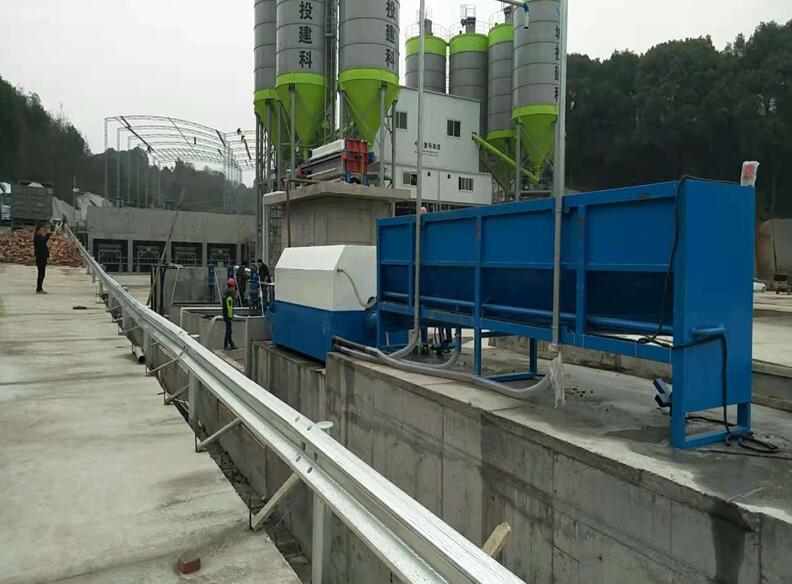Tips on how and where to reuse concrete
Want to recycle concrete? Concrete can be recycled and reused in a number of ways, but it all depends on how big that concrete is and what shape the concrete is in. Reusing concrete is a way to reduce construction costs while providing some benefits to the environment when reusing concrete. Here are some ideas on how to use old concrete.
Ideas on how to use old concrete
►Old concrete can be recycled and turned into aggregates after crushing and processing.
► Recycled concrete can be used in sidewalks to provide a walkable surface while providing a gap for rainwater to reach the soil. By doing so, the amount of runoff water will also be reduced, resulting in a smaller storm sewer system.
► Concrete pavement can be broken in place and used as a base for asphalt pavement through a process called gravel.
►Recycled concrete can be used as a bed for laying underground utilities.
►Recycled concrete from construction has been used as a material to generate new reef habitat.
►Recycled aggregates (crushed concrete) can be used in combination with virgin aggregates when used in new concrete.
►Concrete waste can be used to make paving blocks, planters and benches for community use.
Benefits of Concrete Recycling
When you start recycling concrete, you will gain some additional benefits such as.
❤ Recycled concrete can replace virgin aggregates and will reduce the environmental cost of natural resources
❤ In some cases, jobs will arise in the recycling industry, while others will not.
❤ It will reduce your construction waste and extend the life of your landfills by several years
❤ Reduced transportation costs: concrete can often be recycled at demolition or construction sites or close to urban areas
❤ It reduces disposal costs because landfill taxes and tipping fees can be avoided
❤ It can be used as a high quality aggregate for road foundations, slope protection and earthwork structures
How to recycle concrete
Concrete is recycled by using a crushing plant equipped with jaws and large impactors. Usually a secondary impactor is used and then a screen is used to process the concrete. One screen will be used to remove dirt and particles from the concrete and the second screen will be used to remove coarse aggregates. Additional methods such as water flotation, separators and magnets are then used to remove additional components from the concrete. Depending on the process you are trying to set up, crushing the concrete is not the best option as it will be more difficult to complete the separation process with less contamination as a by-product.
Equipment for Recycling Concrete
When considering options for recycling concrete, you will also need to evaluate the options available for crushing concrete. The most practical solution may be a portable crusher, as it will increase mobility and can be used in different locations and/or projects. Ideally, you may want to set it up in a centralized location, close to where the concrete is being removed, but without compromising your site mobility.
Some of the things you will need to evaluate when considering a concrete crusher are
1. Separate picking stations that allow for separation of loose material
2. Make sure the plant has a strong solenoid, water flotation or air separation system that can pull the steel out of the concrete
3. make sure that the equipment has a separate hydraulic stand that allows for faster set-up, although this is largely related to your preference
4. control systems, i.e. automatic, manual, remote, etc.
5. depending on the type of concrete being crushed, you may need a system with different conveyors, jaws and cones so that you can start forming bulk blocks until the desired result is achieved.














